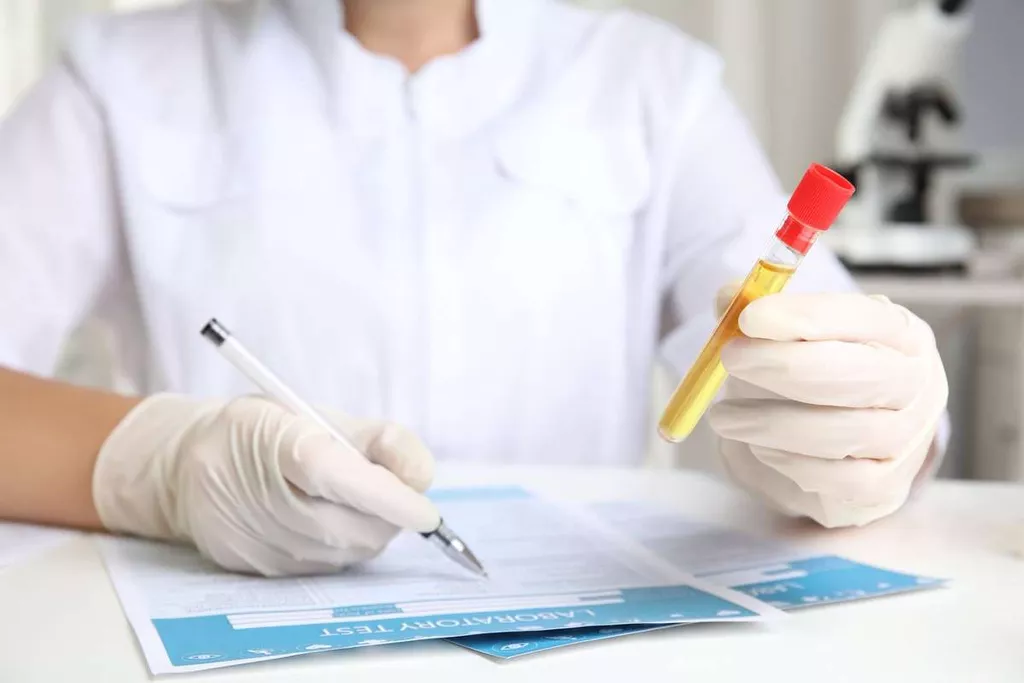Drinking too much alcohol can harm your health Learn the facts
Content
It weakens our bodies and makes it harder to combat stress, viruses, and diseases. Dietitians recommend sticking to one drink per day for women or two drinks per day for men. When you’re suffering from pneumonia, your body’s response is to send fluids with immune cells to the area of infection in order to isolate and remove it. The concern in these instances is that fluid can fill the lungs and cause you to drown if the infection is not properly treated with antibiotics. When it comes to immunity, drinking any alcohol puts you at higher risk of getting sick.
It should not be used in place of the advice of your physician or other qualified healthcare providers. While these tips can promote immune system health, the best tip for healing the immune system is to stop drinking alcohol https://ecosoberhouse.com/article/5-tips-of-how-to-maintain-recovery-motivation/ as soon as possible. If you are struggling to stop using alcohol, The Recovery Village is here to help. Contactone of our caring team members today to learn more about treatment programs that can work well for you.
How Your Immune System Works
Also, heavy consumption raises the likelihood of developing ARDS, a severe complication of COVID-19. One study at the University of Massachusetts Medical School examined the effects of alcohol on white blood cells. It was uncovered that “drunk” cells possessed only one-quarter of the efficiency to fight bacteria and viruses than “sober” cells. As a result, it was concluded that alcohol does leave the body vulnerable to infectious diseases. In fact, prolonged use of alcohol causes many problems throughout the body.
- There is clearly a need for a better understanding of the biological mechanisms underlying gender differences in ethanol consumption.
- For example, alcohol can reduce the ability of respiratory epithelium cells to remove mucous from the lungs, which can directly damage lung tissue and weaken the proper functioning of the lungs over time.
- In particular, the cytokine interleukin-21 promotes the inflammation of cells.
- Through these programs, individuals can learn how to live life without relying on alcohol as a crutch.
- After binding to LPS, monocytes are activated and mature into macrophages that travel to the site of infection to secrete important cytokines for the inflammatory response.
- Setting a nighttime routine to promote better sleep gives your body time to truly rest and heal.
There is clearly a need for a better understanding of the biological mechanisms underlying gender differences in ethanol consumption. Prolonged alcohol consumption can weaken the body’s natural defense against diseases, putting heavy drinkers at risk of getting sick and perhaps staying sick. Alcohol in large amounts can be so harmful to the immune system that a person who indulges in excessive drinking could be just as much at risk of getting sick as someone who drinks regularly. Consuming large amounts of alcohol on only one occasion can affect the body’s ability to defend itself against infections. A person can have impaired immune health for up to 24 hours after having too much to drink. Heavy drinking and chronic alcohol use can significantly impact the immune system and decrease immune function.
Health
The average liver can process about one unit of alcohol per hour, equivalent to a glass of wine or a pint. It won’t be able to process the alcohol in your bloodstream, meaning that it will begin damaging other body parts, including your immune system. Begin with a free call to an addiction & behavioral health treatment advisor. The We Level Up treatment center network delivers recovery programs that vary by each treatment facility.

But when alcohol swings into action, it tells your brain to hold off on making that hormone. When you drink heavily for years, that extra workload and the toxic effects of alcohol can wear your kidneys down. Alcohol irritates the lining of your stomach and makes your digestive juices flow. If enough acid and alcohol build up, you get nauseated and you may throw up.
How You Can Help Your Immune System Bounce Back
The chemicals in alcohol — ethanol — slow down your body’s ability to fight infection. Alcohol negatively affects the immune system through its effect on the liver. An important component of the innate immune system, the liver produces a wide variety of antibacterial proteins. If the liver is severely damaged by alcohol, it is less capable of producing these proteins, thereby increasing our susceptibility to bacterial infection. Indeed, a bacterial infection is one of the most common complications of severe alcoholic hepatitis and alcoholic cirrhosis.
Cravings are very common during detox and can be challenging to overcome. Constant medical care provided during inpatient treatment helps prevent relapse. Clinicians can provide the necessary medication and medical expertise to lessen cravings and the effects of alcohol withdrawals. Studies using postmortem human brains have found that immune factors are increased in the brains of people who had alcohol use disorder. Alcohol has been linked to an increased risk of cancer, including cancers of the liver, mouth, and throat (i.e., upper aerodigestive tract), large intestine, and breast. The risk of harm differs depending on the type of cancer, the amount of alcohol consumed, and even genetic factors.
Save article to Google Drive
When it comes to alcohol abuse, a cold can be the least of your worries. Your body’s white blood cells protect you from invading bacteria and viruses. As part of this process, they release chemicals that create inflammation. does alcohol weaken your immune system This inflammation is essential because it causes your body to fight infection. As you can see, alcohol does affect the body’s ability to fight off infections such as COVID-19 and reduce the efficacy of the vaccine itself.